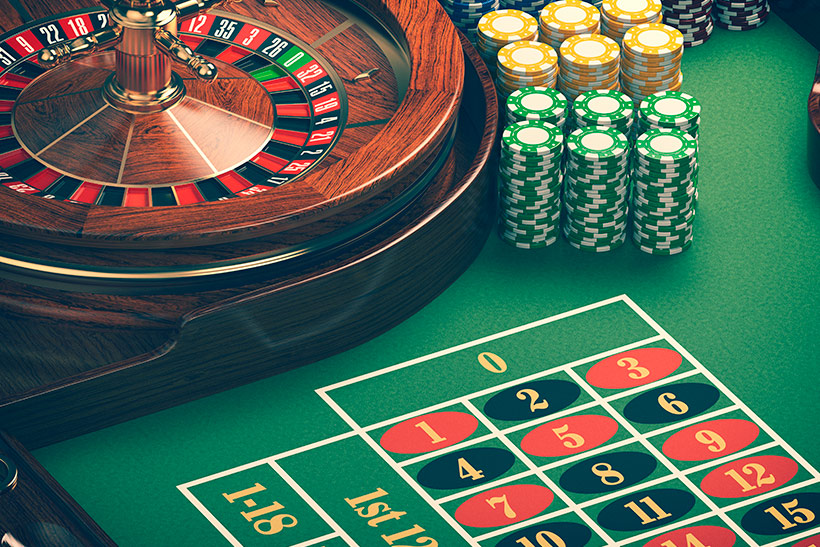How a roulette ball’s movement can be predicted with math
Demand for casino games is growing at a fast rate, the online gambling industry is currently worth over $55 billion dollars and is expected to reach $160 billion dollars by 2026. Roulette is one of the most played casino games, alongside poker slots and blackjack.

The game roulette was first played in the 18th century in France and was inspired by the Italian game of chance Biribi. The concept of roulette is fairly simply, a croupier spins a wheel of numbers and the player must bet on whether the ball will land on a single number, group of numbers or the colours red or black.
There are different variations of the game, for example American roulette has 38 numbered pockets while the European version has 37 pockets. The popularity of each variant depends on where you are in the world.
While this game has long been a popular choice at casino venues, it is now even more popular online. Online casino sites began hosting roulette games in the 1990’s and in recent years mobile casino sites and smartphone apps have become a convenient source of entertainment for fans of roulette.
One of the great things about this game is the simplicity of the games rules, there is less to remember than more complex casino games such as poker. However you do still need to play strategically in order to win.
Aside from the ease of play the online game offers other benefits, including the ability to choose between high stakes and low stakes games. There is also a huge variety of different roulette versions to choose from, in addition to American, European and French varieties, there are also fun themes like pinball or double wheels to enjoy online.
As we know, roulette is a game that requires strategic thinking in order to be successful. Understanding the math behind the game and how this can be used to predict ball movement is essential if you are playing to win big.
Calculating house edge
Firstly, to understand what it is you are up against you can use this simple formula to calculate the house edge:
House Edge = (Odds Against Success minus House Odds) x Probability of Success
The exact house edge will depend on what variant of the number you are playing. In games with one zero the casino’s house edge is 2.7%.
Basic strategies
Using complex mathematics and formulas can be a little intimidating for many players, particularly those who are new to the game. However there are a couple of basic roulette strategies that can get you started and help build your confidence in playing roulette.
The Fibonacci technique involves placing a bet that adds the total of your last two bets together, you can also pick even money bets such as red and black or odd and even. Another technique is the Martingale, using this strategy players simply place a larger bet every time they lose in the hopes of eventually recouping their losses.
Using the dealer’s signature
One way of predicting where the ball might land in a game of roulette is to look for the dealer’s signature, also known as sector slicing. This theory suggests that the dealer may hit the same numbers more often due to the way in which they spin the wheel.
While it is highly unlikely that they will keep hitting the exact same number repeatedly, it is possible that they might keep landing in the same section of the wheel. By figuring out which section this is and betting on it, you can increase your probability of winning.
The dealer might not even be aware that they have this signature as they probably do not put too much thought into the exact speed they spin the wheel at. It is the rhythm and the muscle memory that is responsible for the sector slicing phenomenon.
A roulette computer
While this is not a technique that can be used during gameplay (as it is considered cheating), there is a device called a roulette computer that can accurately predict where the ball will land on the wheel.
This special device works by reading the speed of the ball during the final moments of rotation as well as reading the angle of the ball’s descent. It will then turn out a prediction of which pockets have the highest probability of catching the ball.
A biased wheel
It is said that some wheels in land based casino venues throw up the same numbers too often to be considered completely random. The cause of this is not immediately obvious, it is likely due to the wear-and-tear of older wheels.
Frets sometimes become loose and non-visible damage can happen to the wheel’s pockets slowly over time. By observing this, you will learn where the ball most often lands and more accurate predictions can be made for future bets.

These are just a few methods for predicting the movement of a ball on a roulette wheel. While some apply only to land based games, others like the Fibonacci and Martingale can be tried out in both online and bricks-and-mortar casinos.
































































































